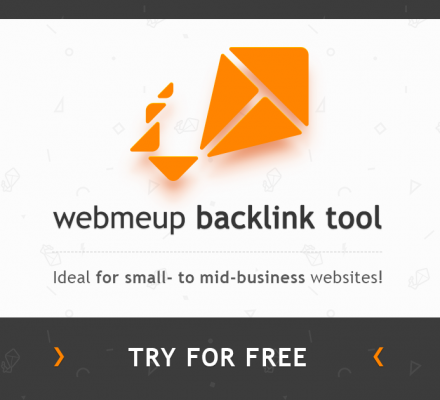Someone posted a very pertinent question on my blog the other day; “What is more effective, off-page or on-page optimization?”
This visitor had invested a significant amount of money and time into optimizing his article through the use of SEOPressor, and expected to enjoy an increase in traffic. That increase never really appeared.

I would love to give him a one-size-fits-all definitive answer, but I’m afraid that all I have to offer is… it depends.
List of Contents
Google’s primary purpose is to rank web pages, not drive traffic.
Google decides how useful your page is based on mathematical formulas that take many factors into account, including both off-page and on-page optimization. Try not to get caught in the trap of assuming that you should choose one kind of optimization over the other!
Because of the particular tool he is using, I will assume that the visitor to my website has a very nicely optimized webpage. The reason he isn’t reaping the benefits of that page is that he has totally ignored his off-page optimization.
It is important to optimize on your page, but that accounts for only 20% of your Google score, while off-page factors account for about 80%.
I can tell you this, based on my own experience; Google considers other opinions when judging the quality and content of a page. These opinions, by the way, are gathered from the websites that link to your site.
Google judges you by the sites that link to you for a given keyword phrase. Based on the quality of that site, rather than yours, they decide where your webpages should rank. As an example, if you have a website that promotes healthy eating and you have a backlink from DietPillsRUs.au, this could affect your rankings in a very negative way.
It doesn’t matter if your website promotes plus-sized sewing patterns, online car insurance quotes or vintage mortar shells, your off-page optimization will help you compete for the more popular keyword phrases. While I wouldn’t recommend spending all of your time attending to your off-page optimization, I would suggest spending about 80% of your time on it.
Please don’t assume, though, that you shouldn’t attend to your on-page optimization at all. As a matter of fact, I am going to suggest a few optimization techniques that you should always use on your page.
Optimizing on the Page to Gather Low-Lying Fruit
Off-page optimization remains important, but if the page itself remains important as well. Your webpage is the first thing Google will look at when evaluating your content.
Your targeted keyword should always be part of the title of your page. And remember, while many people treat the meta description as an afterthought at best, this is also an important area to showcase your target keyword.
That same keyword should be part of your first or second paragraph. One of those paragraphs should also describe the content of the page. Unless they’ve been trained in journalism, most folks will not automatically do this, but it is worth the effort.
The meta description might be even more important in terms of your Google ranking than your introductory paragraphs are. This description not only tells Google what is on your site, but it offers researchers the same information.
Quite often, your meta description will be visible as a blurb under your site on the search results page. Many platforms allow you to customize your page description so it offers more information about your page content.
For instance, if your site is a forum for home-schooling moms, you can have a meta description that says, “Useful advice for building your own curriculum, using commercial curriculums, teaching special needs children, and connecting with home-schooling associations.” This will likely be much more descriptive than your first or second paragraph.
Customizing your site’s description accomplishes several tasks at once;
- It gets Google’s attention
- It gets more researchers’ attention
- It helps you gather some low-lying fruit
Create Your Own Traffic Jam with Quality Content
The most important part of on-page optimization is creating quality content. In this context, “quality content” means a page meant to be read by humans rather than simply scanned by search engines. Of course, in order to produce quality content, you need to know your subject and provide your readers with valuable information.
Quality content will often rank for many of the long tail keyword phrases, which tend to have less competition. The home schooling site I mentioned only has 20 pages plus the forum, and it generates traffic from over 1600 keywords. Many of these keywords only have 80 to 100 searches per month. All of that traffic can be considered a reward for producing a well-written web page.
Pages with quality content don’t always rank very high for the more competitive keywords, but proper optimization will generate traffic from the less competitive keyword searches. On top of that, there is a way you could increase that traffic exponentially.
If you’ve attended to your off-page optimization properly and your webpages rank well for many different keywords. Then that kind of Google juice will automatically make your whole site more competitive.
The next time you need to add content to your organic hair care website or a site that offers free auto insurance quotes. Keep in mind that off-page optimization can raise your Google rating for competitive keywords. But on-page optimization will bring more traffic from less competitive keyword searches.
Conclusion:
SEO is a long term game and you need to focus on both on page an off page optimization simultaneously.
However, off page activities will always contain more weightage than on page.
That’s been my experience, anyway.. so what do you think? Use the comment box below to share your feedback. You can also follow us on social media. If you need more knowledgeable content like this, feel free to subscribe our email newsletter.



